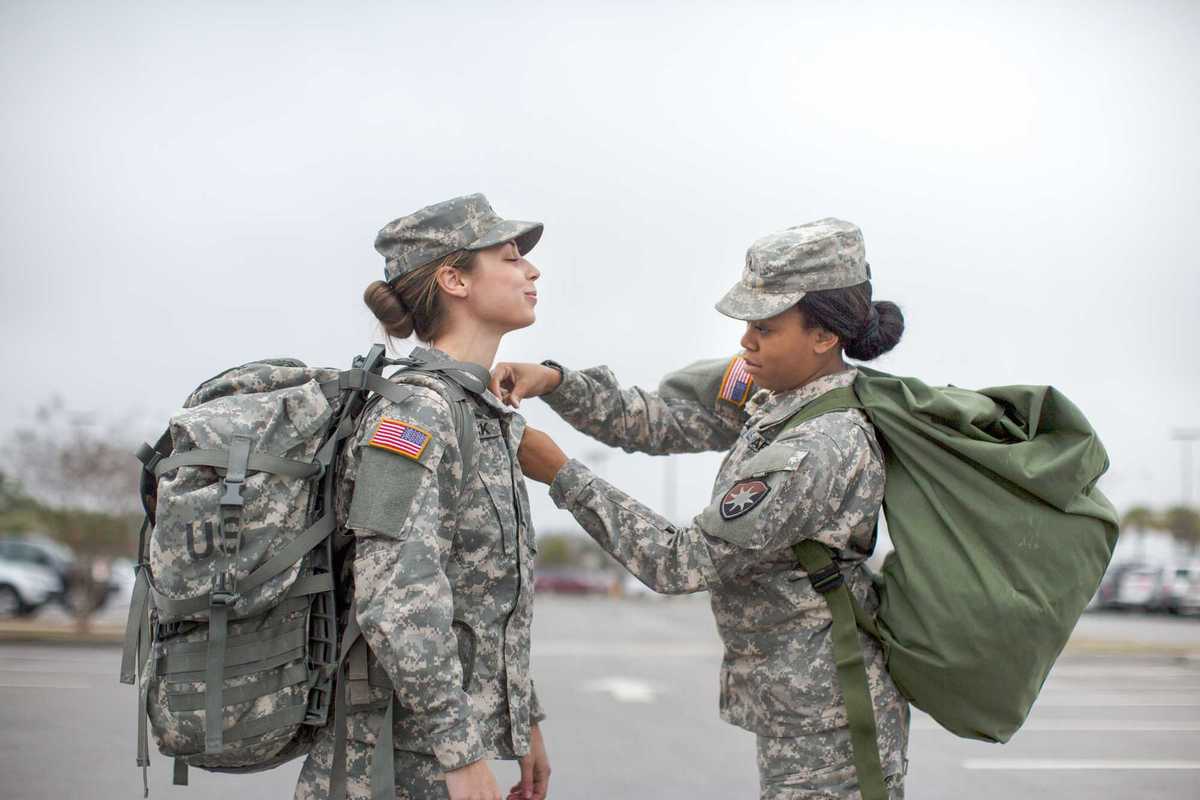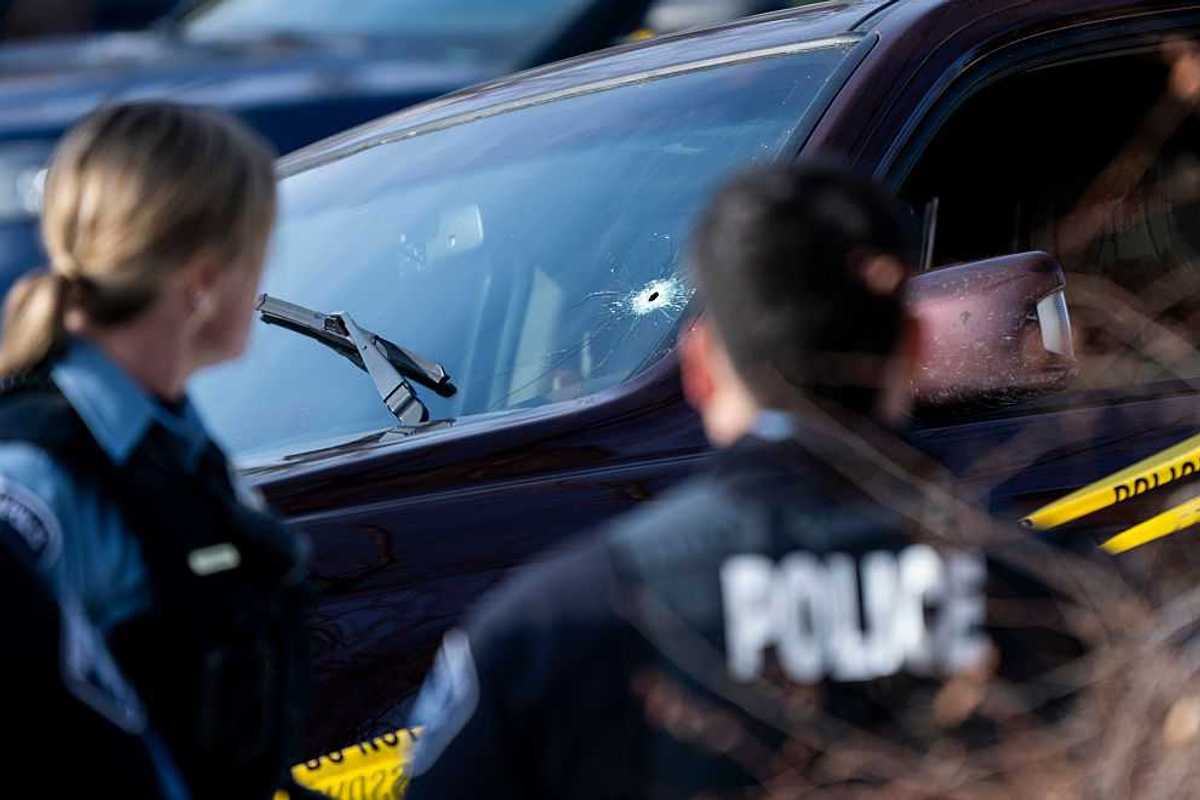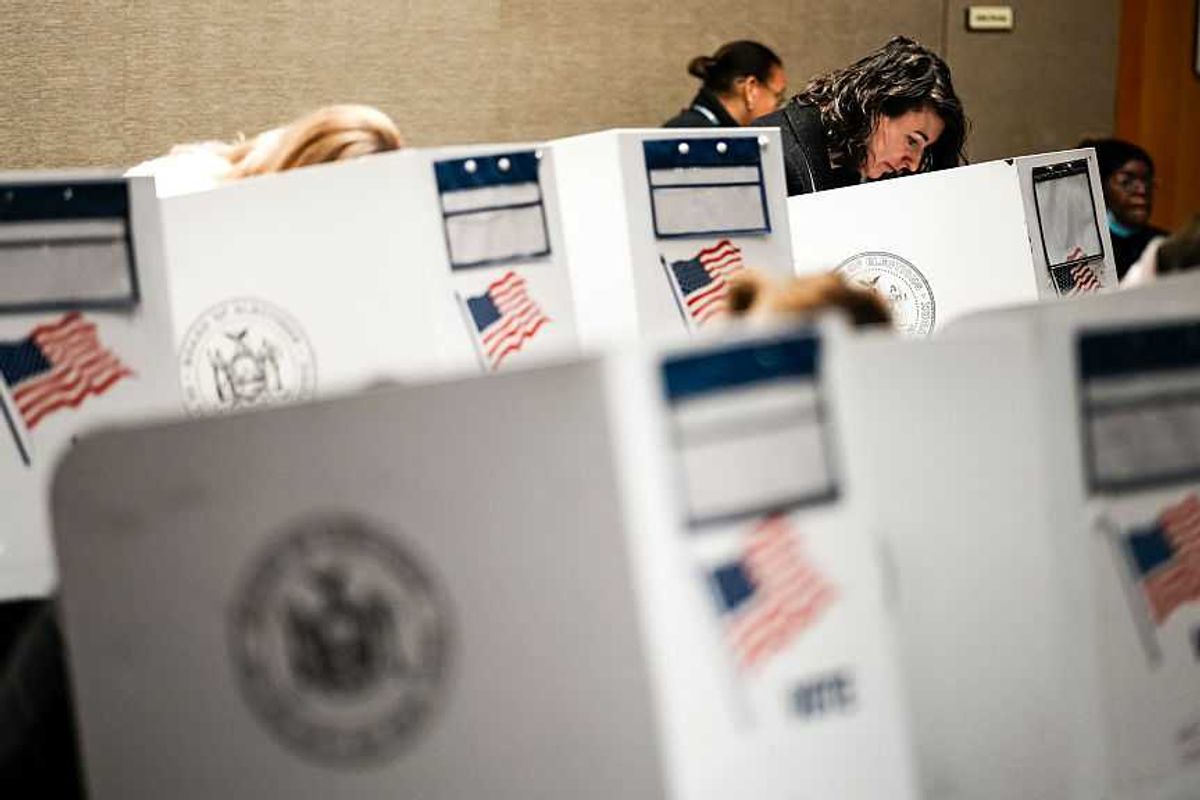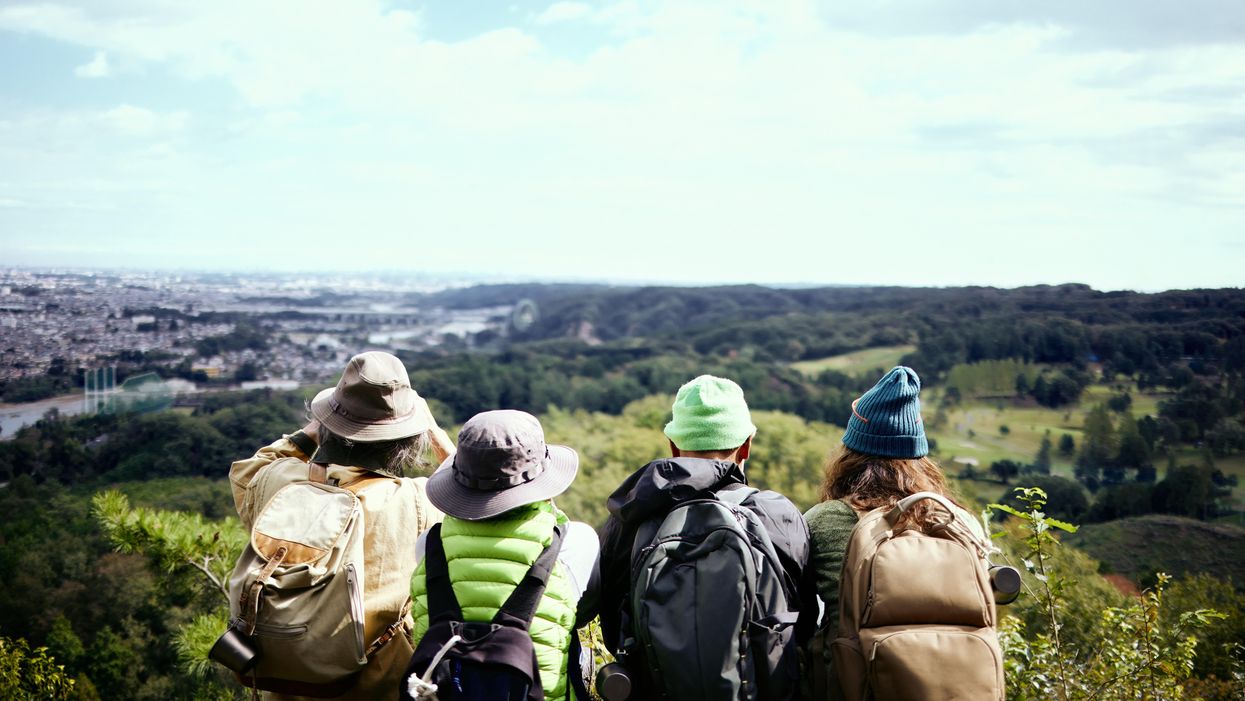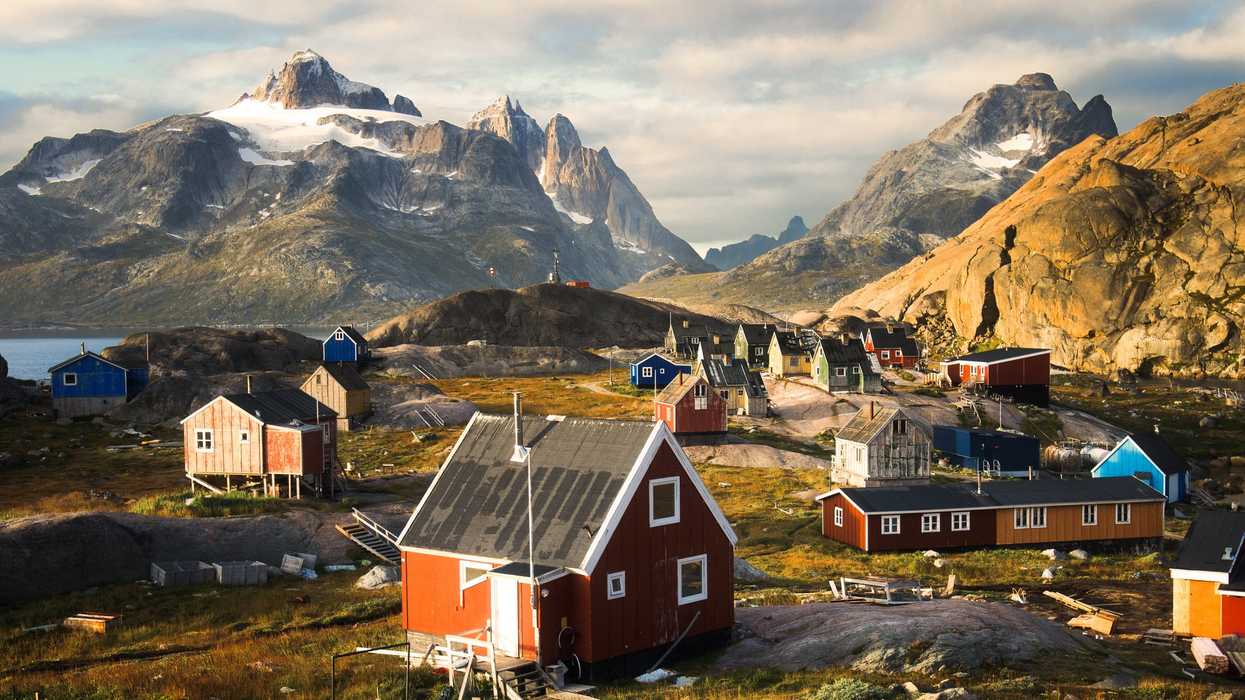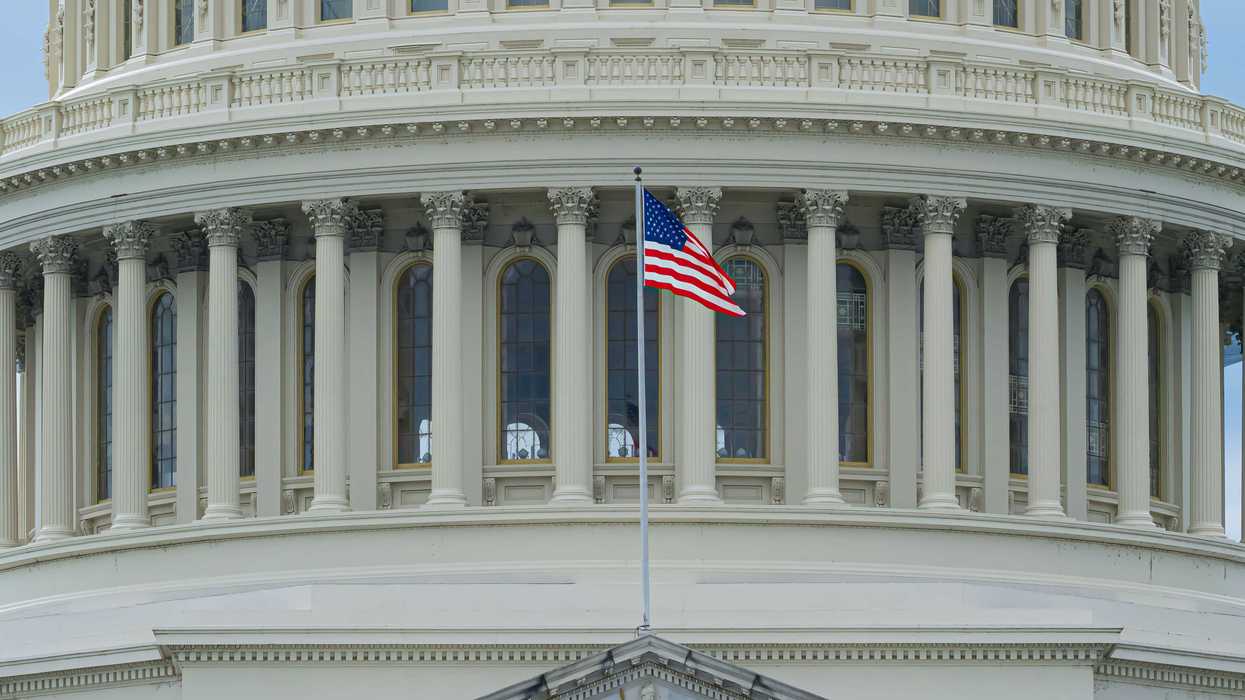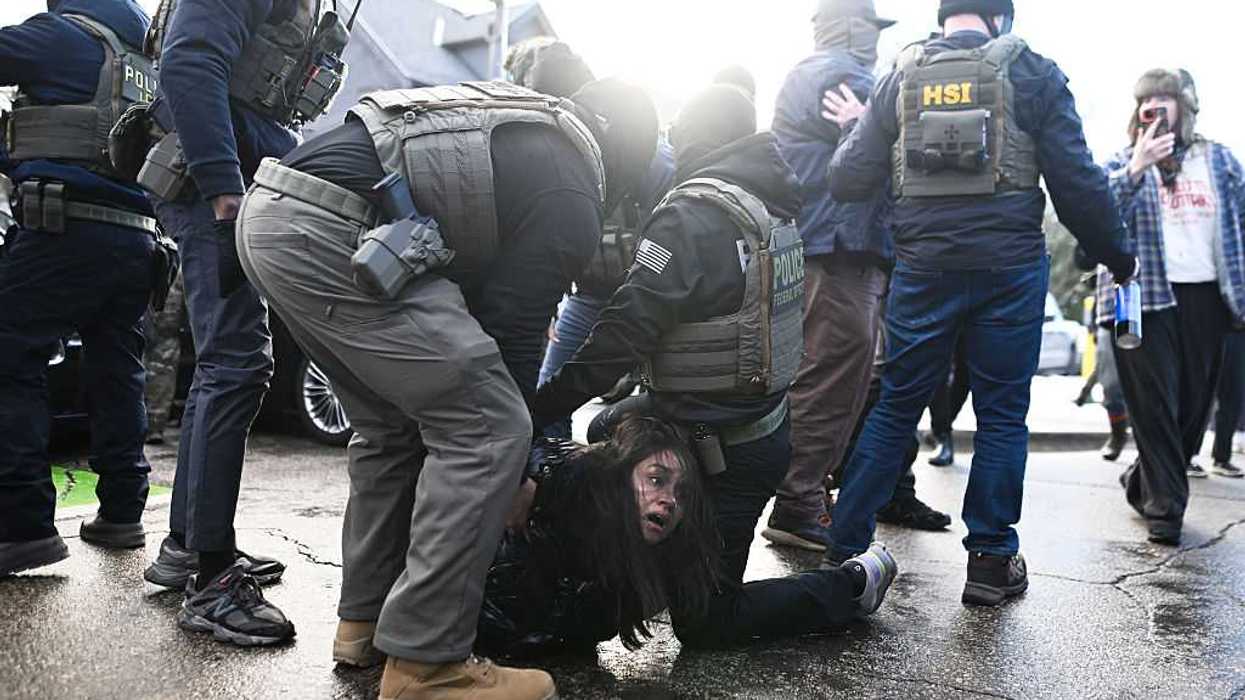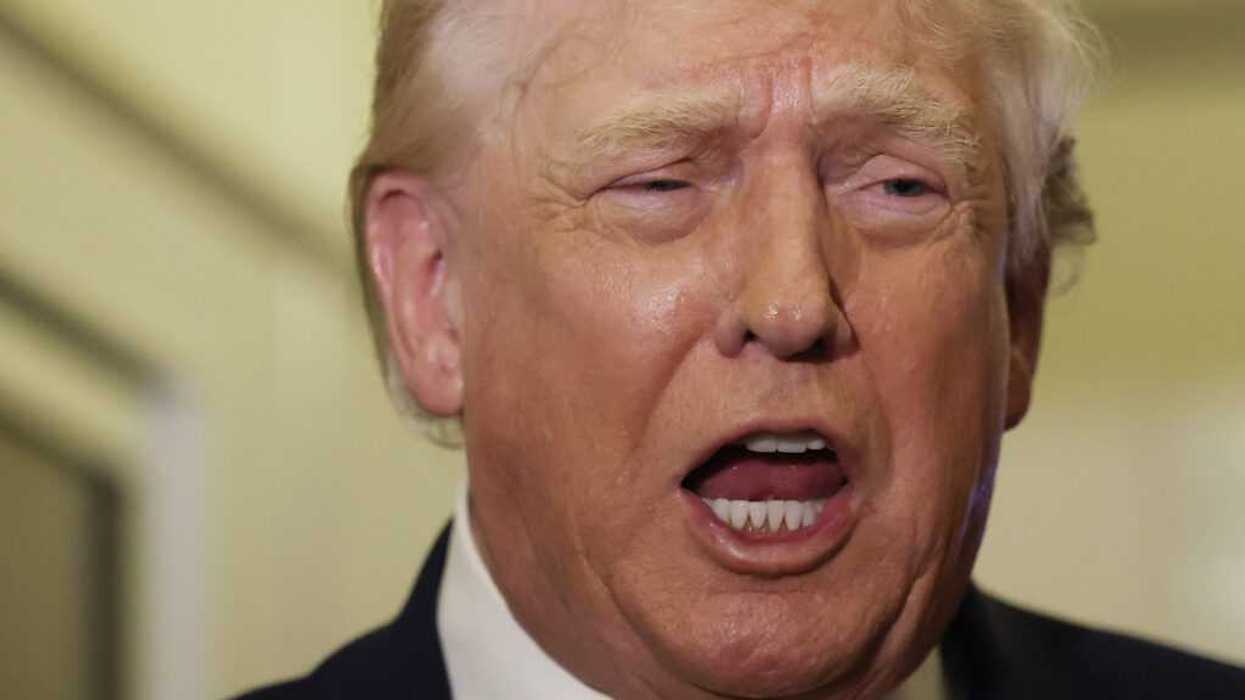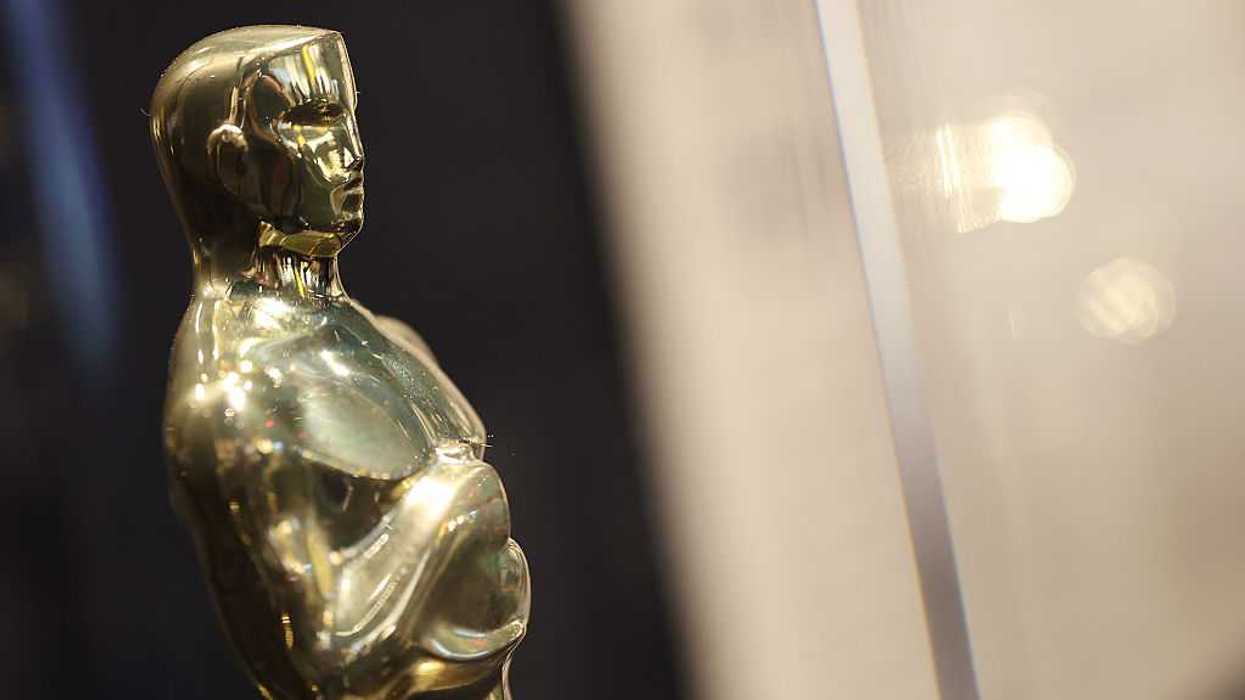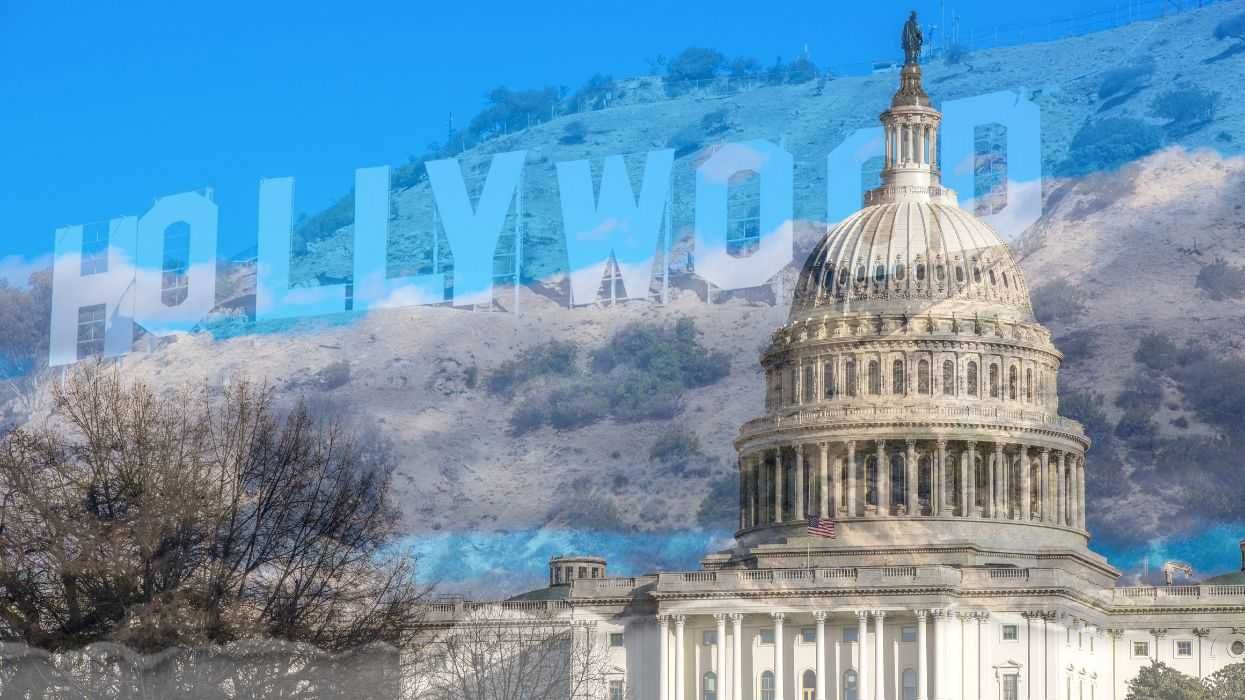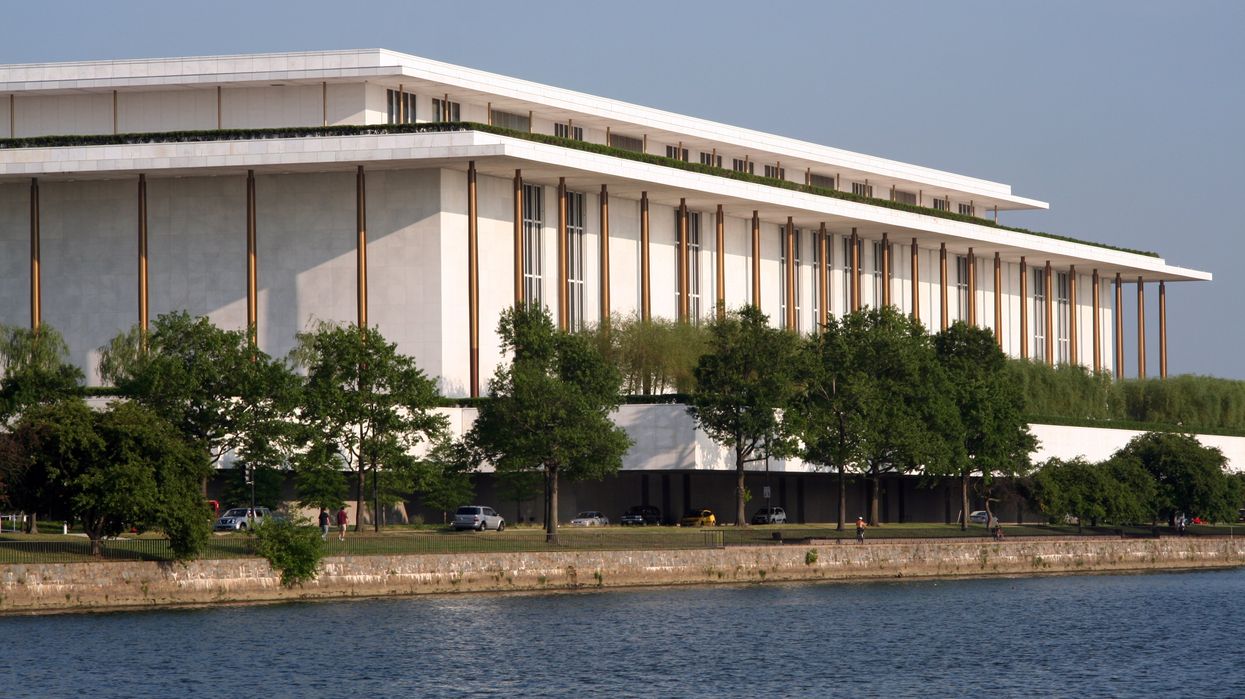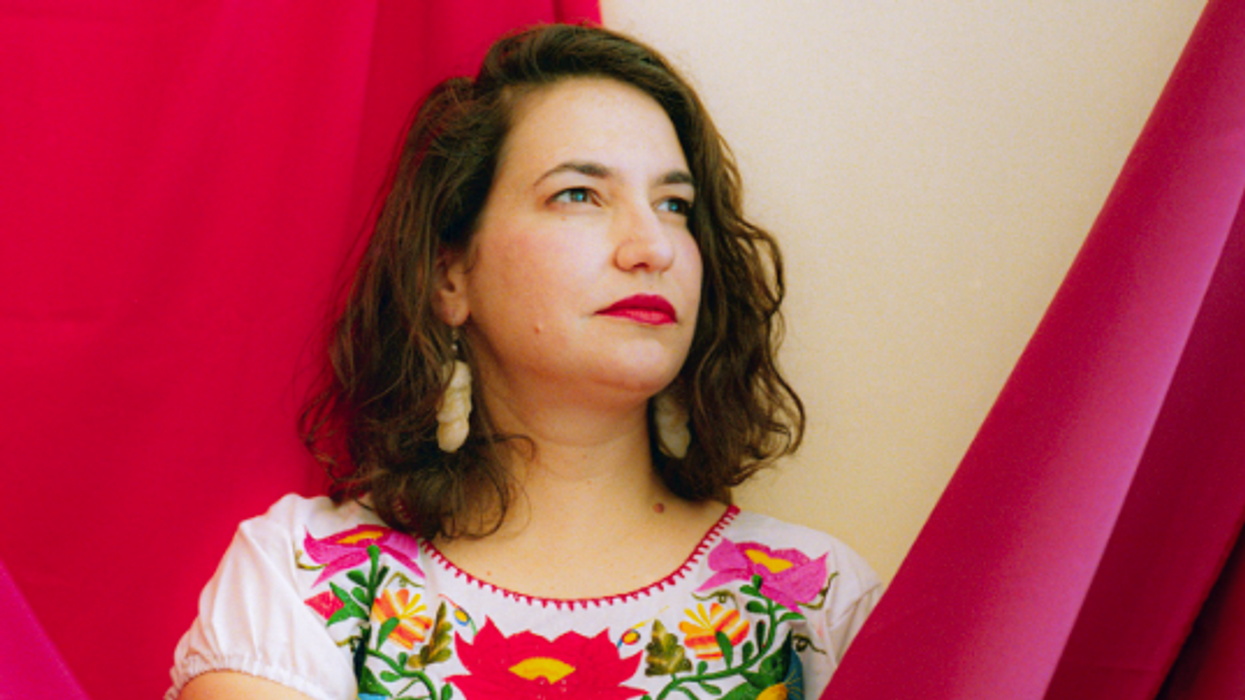Willis is the founder and director of Oregon's Kitchen Table at Portland State University and executive director of the Deliberative Democracy Consortium. She is the author of a textbook, a book of essays and two books of poems.
Sometimes I play a game with myself, particularly if I’m sitting alone in a coffee shop or standing in line at the post office. I look at each person who passes by and think: “Are you my friend? What about you? What about the woman with the raspberry-colored sweater tied around her shoulders? What about that man with the beanie pulled down over his eyebrows? What about that couple speaking Arabic?” (“Oh no,” I’ll think, “how will I know if we are friends? I wish I spoke Arabic.”)
It is a bit like Adam Zagajewski’s poem, “ Impossible Friendships,” a melancholy meditation on those he will never know (and the source of this column's title), like “the old man sipping coffee/in St.-Lazare, who reminds you of someone.” Except my game is the opposite, the sunny-side-of-the-street version. Maybe we could be friends. Maybe we already are friends. Maybe we just don’t know it yet.
Now, let me admit this up front: I am prosperous in the friends department. Except for a few years involving teaching abroad and law school, I have seen my best friend nearly every week since we were 18 years old. I met my closest friend from childhood before we started kindergarten, and we kept each other laughing all the way to high school graduation. I have dear friends from grade school and middle school and high school and college and law school and work and writing and the neighborhood. In this, I know I am particularly blessed, and this Thanksgiving, it is one of my deepest gratitudes.
I’ve been thinking about the gifts of friendship a lot lately, particularly since the release of the State of American Friendship Survey last summer. There is a great deal to be learned from that survey nearly two years into the isolation caused by a global pandemic, but the big takeaway is that Americans have fewer friends than they did in 1990, in some cases many fewer friends. In fact, 12 percent of Americans report that they have no close friends at all, up from 3 percent in 1990, and only 13 percent report that they have 10 or more close friends, down from 33 percent in 1990. The rest of us lie somewhere in the middle, with 41 percent reporting that they have three to five friends, and another 12 percent saying that they have six to nine close friends.
I’m trying to make sense of all that, because certainly the quality of one’s friendships can’t solely be determined by the number of friends one can count. But only half of Americans are satisfied with the number of friends they have, and nearly all measures of friendship — both quantity and quality — have declined sharply since 1990. There are plenty of ways to consider the implications of this study for Americans and their well-being. But of course, being me, I also wonder: What does this mean for American democracy? I don’t want to skitter into sugary stories of partisan combatants making friends across the aisle, members of Congress going on bipartisan buddy trips, or Mary Matalin/James-Carville love affairs. But I do have a deep sense that friendship — being friends, making friends — is intertwined with our ability to live together and make decisions together, with our ability to justly govern ourselves.
I love the expression “to make friends,” as in have you made any friends at your new school yet? It’s a homely and human-scaled thing to make something, as in make do or make a cake or make a valentine out of a doily. I love it when artists and chefs and craftspeople refer to themselves collectively as “makers.” “To make friends” is not only quaint and anachronistic, but it also invokes a kind of joint creation, a shared space in which two people — or three or four — gather together to build something or bake it or form it out of clay.
That sounds a bit like what we are called to do in a robust and humanistic democracy, doesn’t it? But what does it mean if we aren’t making friends? If friendship itself is on the wane? And what are the parallels to and implications for democratic life?
Certainly we have seen a lot of evidence of Americans behaving badly — and in many cases dangerously — in recent days. Twitter and TikTok and cable news are brimming with shouting matches over where and when and how to wear masks, fans harassing players in basketball arenas, airplane passengers getting into fisticuffs and, of course, outright racist and xenophobic attacks on Asian Americans and others. Schools have closed down because there are too many fights among classmates, and in one instance a principal was beaten unconscious by a student.
It’s as if we are all coiled into a hostile crouch, just ready to pounce on those who we even slightly disagree with or view as fundamentally different from ourselves. We’re giving each person we encounter the side-eye, preparing to uncork whatever bottled-up fury we have been saving for just such an occasion.
No wonder we’re having a hard time making friends. And no wonder our democracy seems to be teetering on the brink.
Opening ourselves to friendship is a hopeful and vulnerable stance toward the world. It requires us to take a step toward something — toward someone — not knowing what the outcome will be. It requires us to risk rejection or misunderstanding or heartbreak. It requires us to reveal ourselves — including our soft spots — to someone who is not kin. It requires us to say by word or deed: I like you. I care about you. Is it possible you could like me back? At the core, making friends is a precarious act, an irrational act, a radical act.
Opening ourselves to friendship is the opposite of the hostile crouch. It is the unfurling of ourselves in the direction of another. It is having faith in someone we don’t already know. It is reaching toward them with an open hand and beckoning them just a little closer.
And I suspect that a similar unfurling, an unclenching of the jaw and fist, may also be what our democracy needs from us in these antagonistic times. As with the delicate dance of friendship, hope for democracy and personal vulnerability in the face of a cantankerous national mood is not easy, and for some of us, it might just be a bit too dangerous. But for those of us who can, shall we look around the post office — shall we look around the country — and ask that unsuspecting stranger: Are you my friend?
